Beyond the formats, the narrative, the tensions between the classic and the groundbreaking, the Festival will be focusing on the resurgence of stories. From the three competitive sections of the Official Selection, Retueyos, Albar and Tierres en Trance, the honest, clear and unapologetic views of the different generations of filmmakers who will be at FICX shed light on a reality in permanent uncertainty and change.
By making these unaccommodating visions visible and bringing them together, the Festival advances in its objective of becoming an active player in the circulation of films which, in the vast majority of cases, have no commercial distribution in our country.
Retueyos, sprouts of a cinema that defines an emerging world
The uncertainties of the immediate future are the central theme of works by new filmmakers who are bursting onto the international audiovisual scene with themes and discourses that are as heterogeneous as they are current and sincere.
The Retueyos Competition of the Official Selection marks the direction of a festival that believes in and is committed to new voices, discovering cinematographic revelations through the absolute premieres in Spain of their first, second and third feature films.
With an abundance of picaresque and black humour, the overwhelming talent of the young Spanish-Argentine filmmaker Amalia Ulman reflects in her debut feature El planeta the current coexistence between precariousness and the appearances of luxury, portrayed through a city, Gijón, under the ravages of the latest crisis. Co-starring the director herself and her mother, Ale Ulman, after its premiere at Sundance, it won the award for Best Director and Special Mention for Best Performance for both at BAFICI, and was also part of the Official Selection at Karlovy Vary.
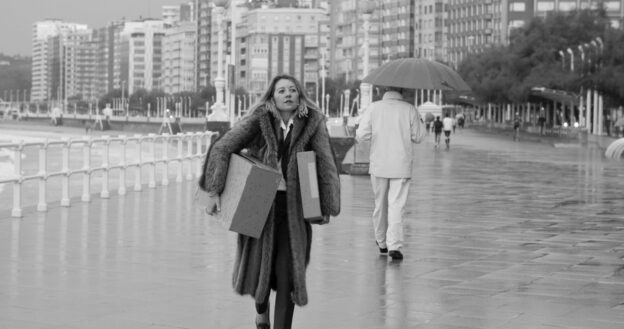
Drawing from the language of comics, in Ninjababy the Norwegian Yngvild Sve Flikke throws at the viewer all the questions of unwanted motherhood through the conversations between a mother and her ninja baby. Premiered in Berlin, it arrives at the Gijón Festival to overcome clichés about pregnancy and gender limits.
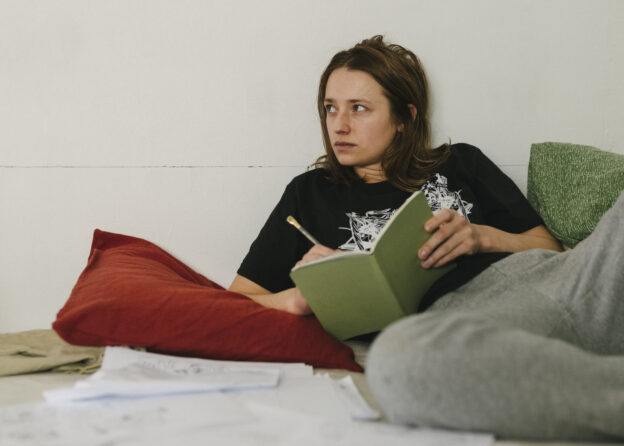
Imaculat is the proposal signed by Monica Stan and George Chiper-Lillemark from Romania. A drama with autobiographical overtones that focuses without sordidness on the tensions created in a detox centre through the innocent eyes of its young protagonist. The film won the Lion of the Future for Best First Film at Venice.
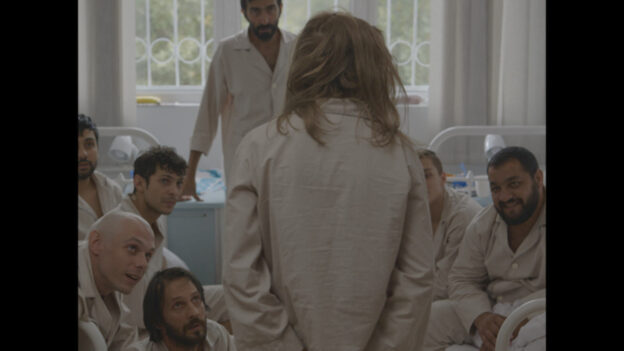
The Internet and its power over bodies and emotions is the focus of Jane Schoenbrun's feature debut. A regular at New York's Museum of Modern Art (MoMA) and Tribeca, they present We're All Going to the World's Fair at FICX, following its screening at Sundance, in which they explore the parallel worlds of online role-playing culture through the lens of creepypasta. A hypnotic and disturbing film that verges on the suffocating universes of Black Mirror.
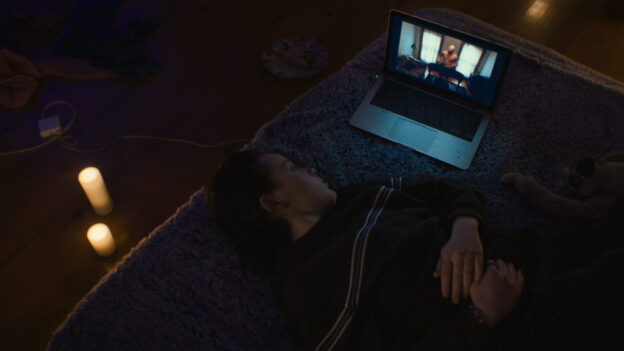
Albar, tireless filmmakers who continue to shake consciences.
Korean master Hong Sang-soo, the subject of a retrospective at FICX and a two-time winner (most recently with Hotel by the River in 2018), returns with In Front of Your Face, a minimalist film premiered at the last edition of Cannes. Articulated around the melancholic wandering of the protagonist through the streets of Seoul, the director continues to explore the complexity of human relationships, with characters who go to the bone of emotions.
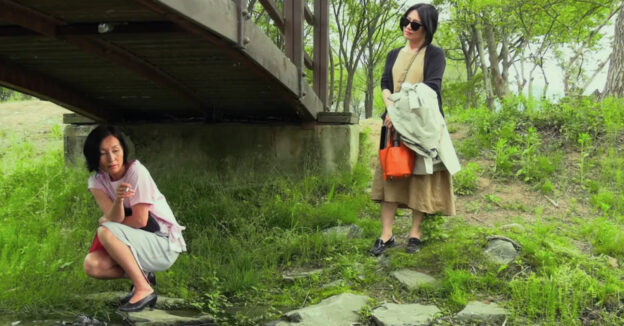
The acclaimed documentary filmmaker Avi Mograbi returns to the FICX competition (where he already won an award in 2008) with a film that denounces the Israeli occupation of the West Bank and Gaza Strip. The First 54 years - An Abbreviated Manual For Military Occupation is based on hundreds of testimonies to expose in detail the Israeli government's undeclared strategy to appropriate Palestinian territories. A film that, like all of the director's previous films, has yet to be released in any theatres in Israel.

Maria Speth, winner of the Jury Prize and the Audience Award at the last Berlinale, presents in Gijón Mr. Bachmann and His Class, hailed by international critics as one of the cinematic monuments of the year. A sensitive and absorbing chronicle of the unconditional (obsessive and sometimes even excessive) commitment of a teacher to his pupils in a German integration school.
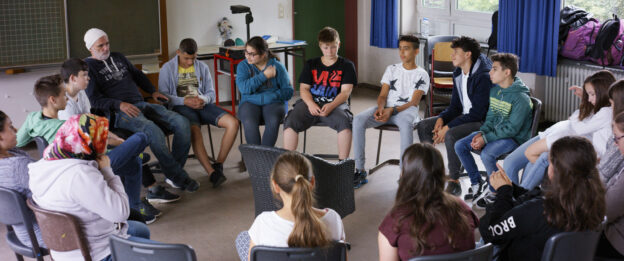
Tierres en trance, Ibero-American visions to recover lost memory
The need to look at the past in order to understand the present and rebuild the future is shown as necessary and urgent in the programme of the Tierres en Trance section of the Festival, which is dedicated to films from our country, Portugal and South America.
The memory of the Brazilian Amazon, a land of massacred landscapes and landscapes, runs through the new film by Brazilian director Eryk Rocha who, after presenting Breve miragem de sol in 2020, returns to FICX with Edna. The director of Cinema Novo takes the poetic writings of the peasant girl Rodrigues de Souza as his starting point to narrate a life experience irremediably linked to Brazil's history.
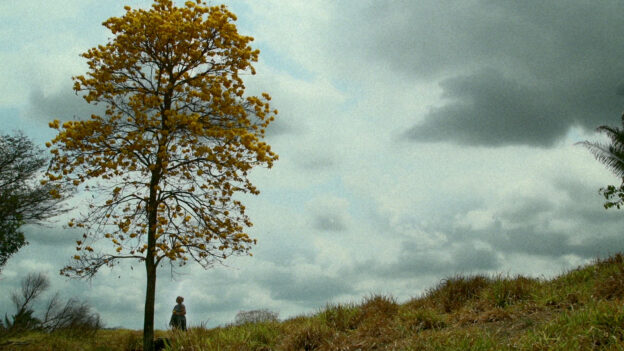
The disappearance of the Ayoreo people is the starting point of Apenas el sol, a humanistic and inspiring work with which Paraguayan Arami Ullón opened the latest edition of the Amsterdam Festival. A journey to the rich ancestral roots in the Paraguayan Chaco whose protagonist records on cassettes his knowledge, his language, his way of seeing and explaining reality.
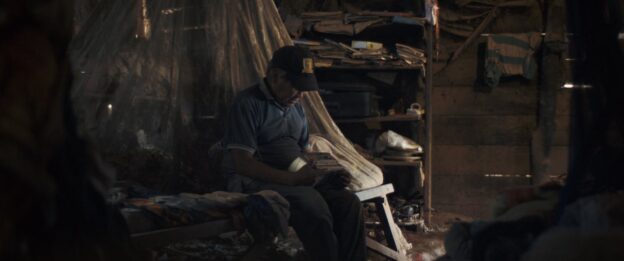
In Un cielo impasible, his second feature film as a director, David Varela revives the battle of Brunete, combining audio testimonies of former combatants and civilians who lived through that combat with the research work of a group of teenagers. With the world premiere of this collaborative and intergenerational film proposal, the filmmaker represents Spain in Tierres en Trance, opening the debate on education in the classroom, historical memory and its repercussions in today's world.
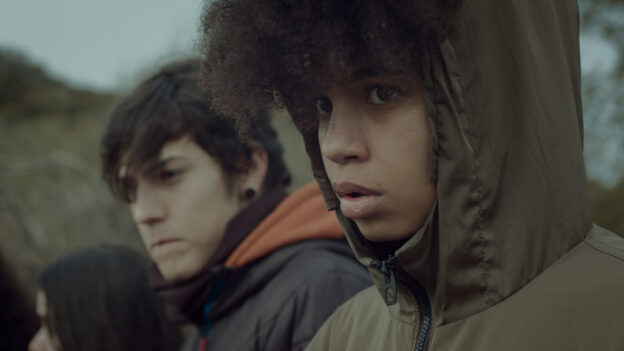
(Re)discovering Sandrine Veysset
The Gijón festival dedicates one of the spotlights of its 59th edition to Sandrine Veysset (Avignon, France, 1967), unquestionably one of the best-kept secrets of contemporary French cinema.
After studying modern literature, Veysset decided to become a filmmaker after working with Léos Carax on Les amants du Pont Neuf. Her successful debut, Y'aura t'il de la neige à Noël?, won the César for Best French Opera Prima in 1996. This was followed by such gems as Victor ... pendant qu'il est trop tard (1998); Martha... Martha (2001), and L'histoire d'une mère (2016).
Since her first film 25 years ago, Veysset's cinema has explored a feminine universe populated by powerful women in a world dominated by patriarchal control. Her skilful gaze gives her an identity of her own in European cinema, in line with names such as Agnès Varda or Chantal Akerman.
Between realism, magic and the dreamlike, her filmography offers narratives without conventions and without room for contemplation. In the director's opinion, this trademark emerges in her films because she enjoys working on the emotional ties between people. Agnès Varda herself emphasised "how skilful Veysset is at making us share confusion and contradictions".
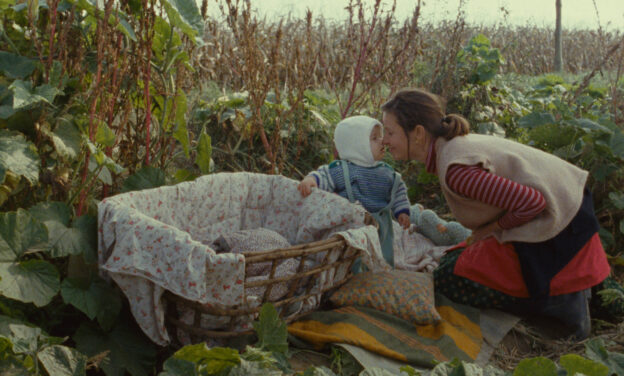
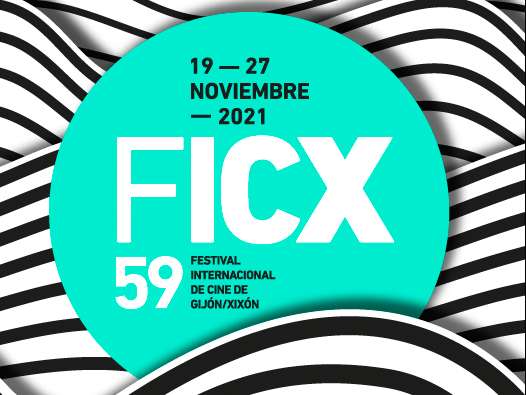
Honest cinema without euphemisms, Gijón/Xixón International Film Festival calls on the healing effect of art in its 59th edition. While continuing its digital extension FICX.TV, the Festival will be returning to theatres from 19 to 27 November 2021 not only to reclaim the reconnection with cinema as a collective experience, but, above all, its important social function in the maelstrom of a world under reconstruction.